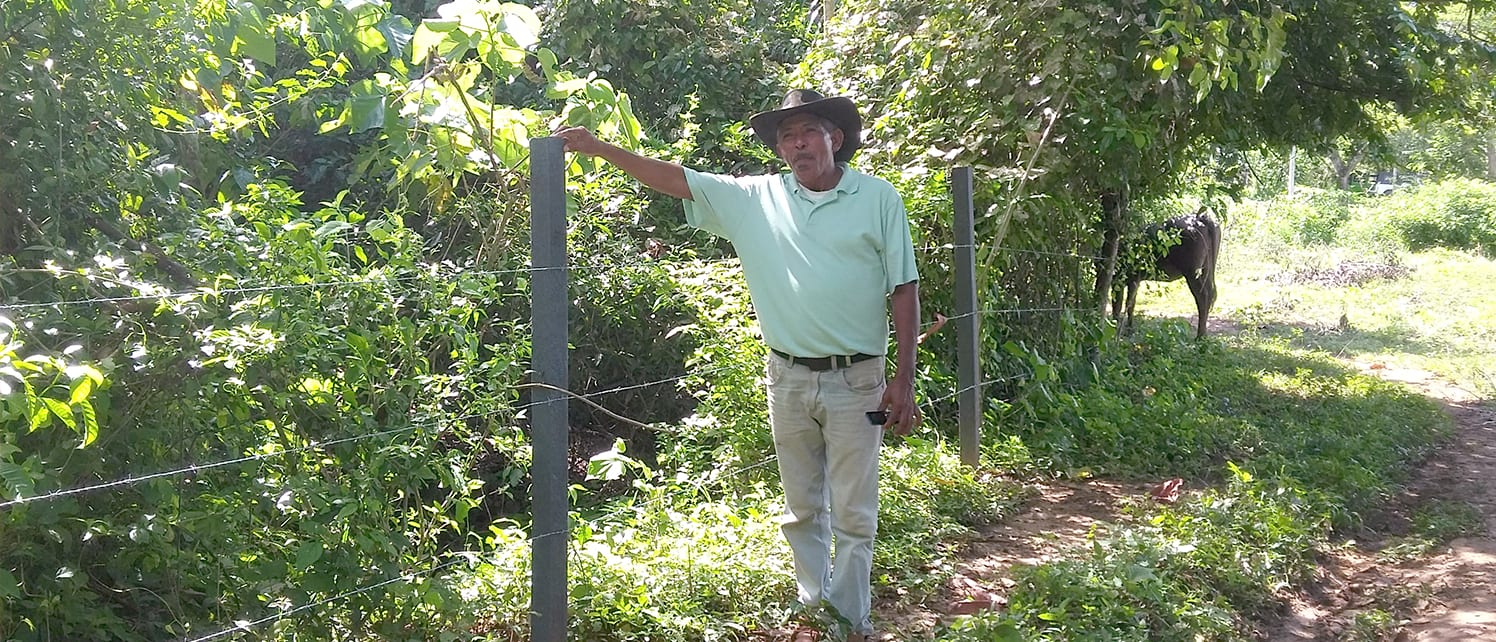Recycling is for Monkeys
The phrase “killing two birds with one stone” feels antithetical to wildlife conservation. But I wanted to begin this article with that sentiment. So I went out looking for another idiom conveying the same idea and settled on using “one fell swoop.”
I then found out the phrase “one fell swoop” is also about bird death. Apparently, Shakespeare coined the phrase in Macbeth when describing how a kite — a bird of prey — might kill many chickens in one go.
Finally, I found a Latin version of the phrase “killing two birds with one stone.” Apparently, Cicero once said “Duo parietes de eadem fidelia dealbare,” which translates to “whitewashing two walls out of the same bucket.” While non-sequiturial, it captures the sentiment I’m looking for and doesn’t involve dying birds. So here goes:
For solving environmental problems, there’s nothing better than whitewashing two walls out of the same bucket.
To dive into the bucket I want to tell you about, you need to meet Proyecto Tití. Proyecto Tití is one of Rainforest Trust’s partner organizations in Colombia. Their aim? To save a Critically Endangered monkey, the Cotton-top Tamarin.
Proyecto Tití needed fence posts, and plenty of them. They’d created a new protected area and needed fencing to mark the boundaries and protect the forest from logging, cattle and garbage. One problem: fence posts in that region are often wooden. Hence, to protect the trees, Proyecto Tití might need to harvest trees.
The irony of using deforestation to prevent deforestation looked inevitable.
But, rather than accept this conundrum, Proyecto Tití offered redemption to an unlikely colleague: garbage. Using local waste, Proyecto Tití invented the “Tití Post”, a recycled, plastic fence post to string together with wire. Now working to protect forests, the former garbage guards the trees from cattle and anthropogenic deforestation. Plastic waste, otherwise ending up in the water or littered around the forests, has lifted the burden of demarcation from the very wood it now protects.

The Tití Post project also aligns local conservation with local socioeconomic benefits. Members of the community are paid to collect garbage and the local recycling infrastructure provides jobs. James Lewis, Rainforest Trust’s Director of Conservation Programs, said,
“To be successful, protected areas have got to engage the local communities. Healthcare, education and employment are opportunities that can and should come out of protected areas and the Tití Posts are a great example.”
So yes, our valiant and reformed hero, the plastic Tití Post, tackles both deforestation and waste. Yet, by supporting local economic growth, the Tití Post has proved it can use its bucket to whitewash even more walls.
For More Information and to Support this Project: Strategic Land Purchase for the Cotton-top Tamarin




